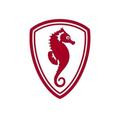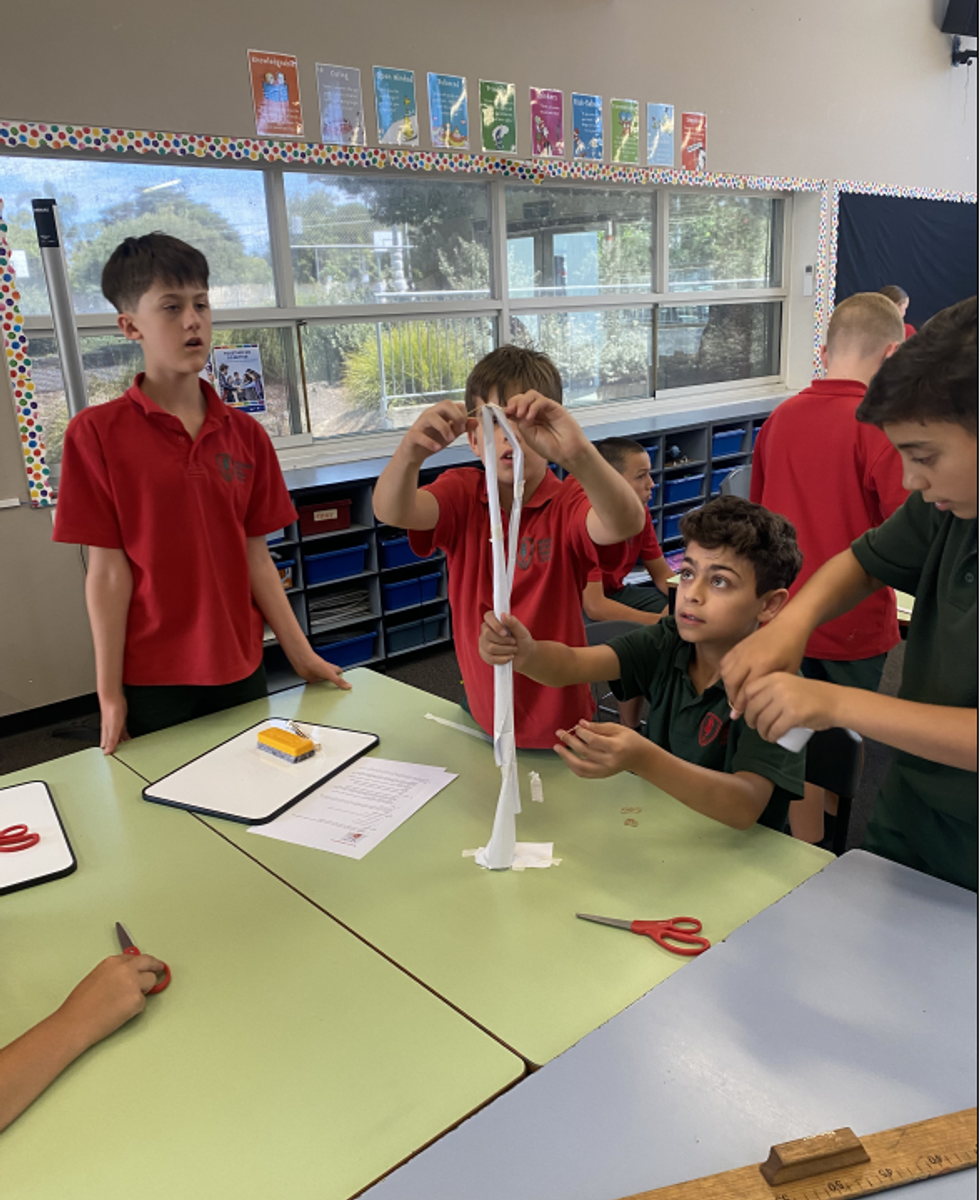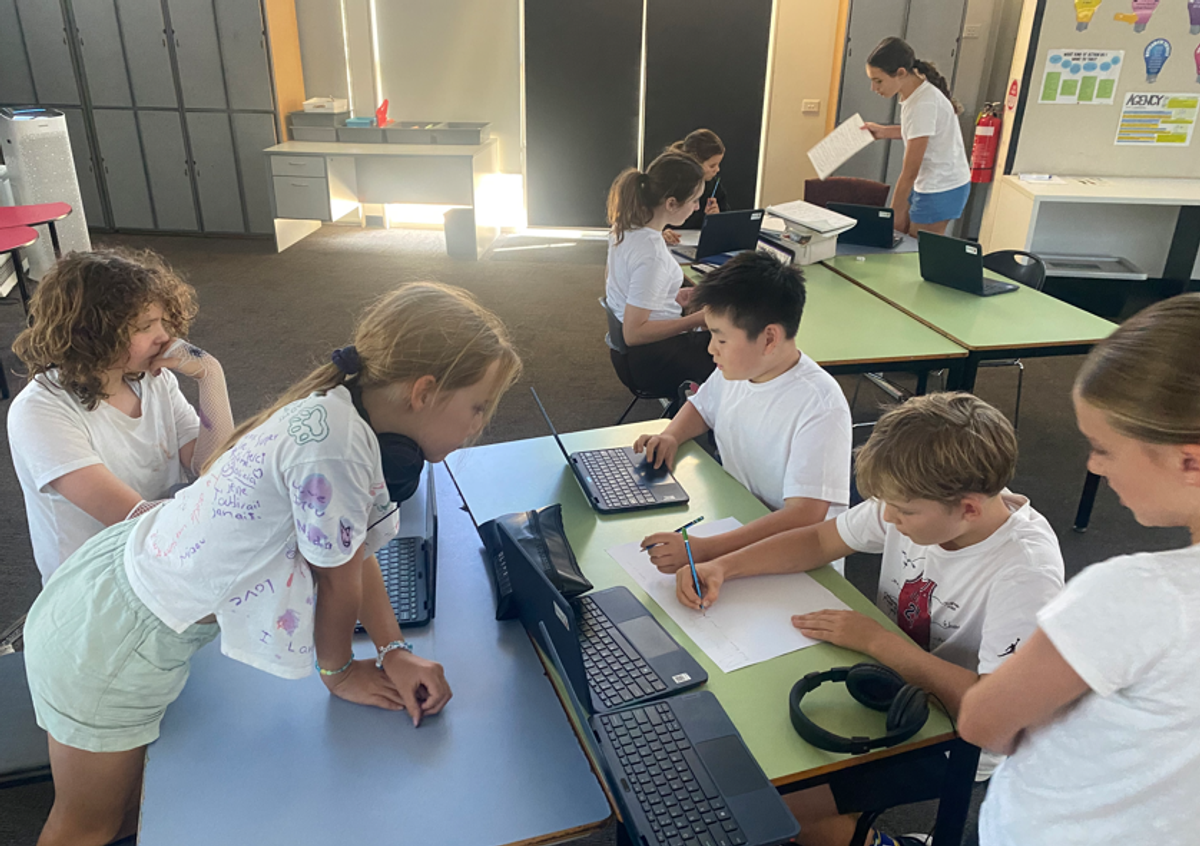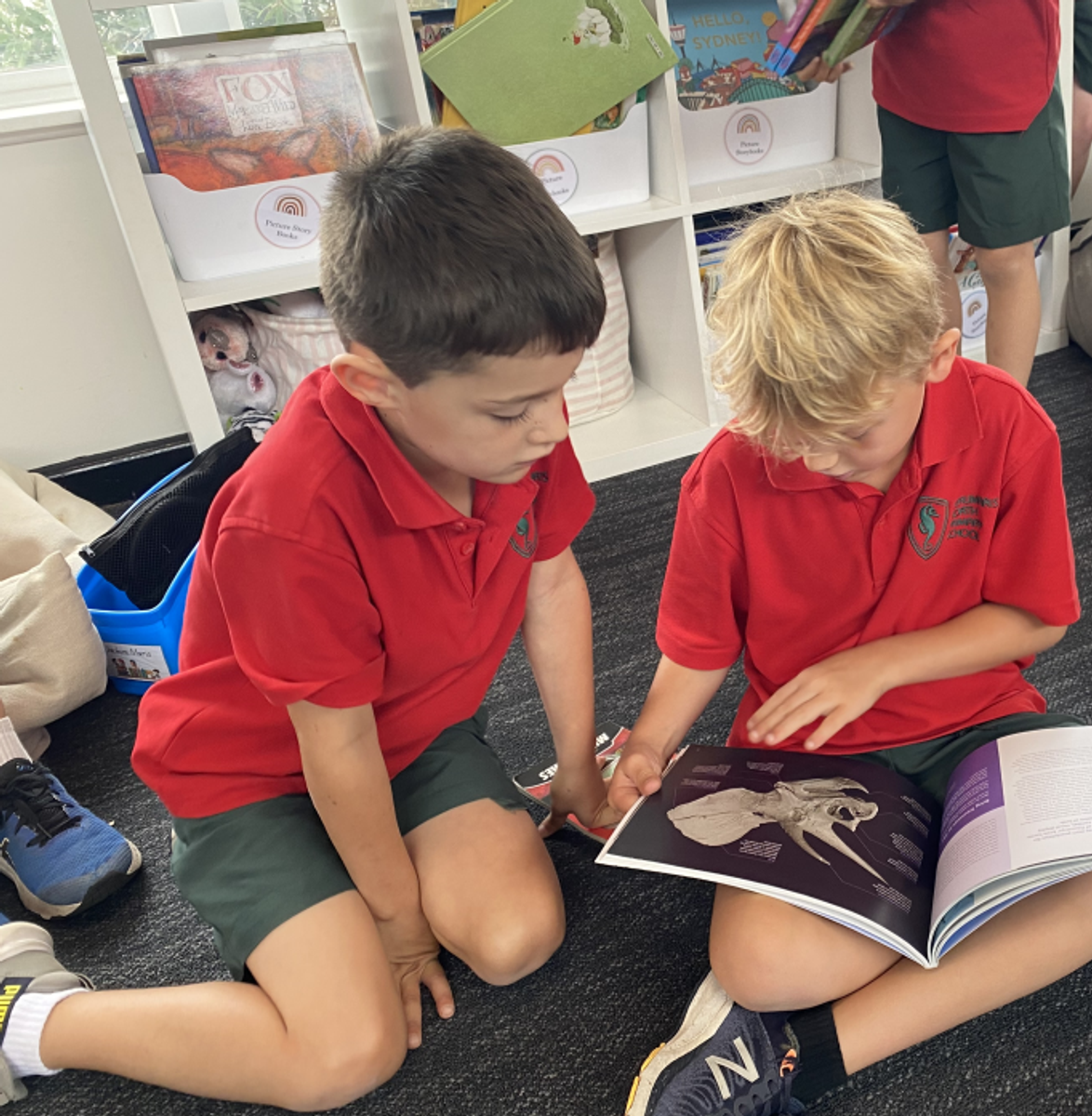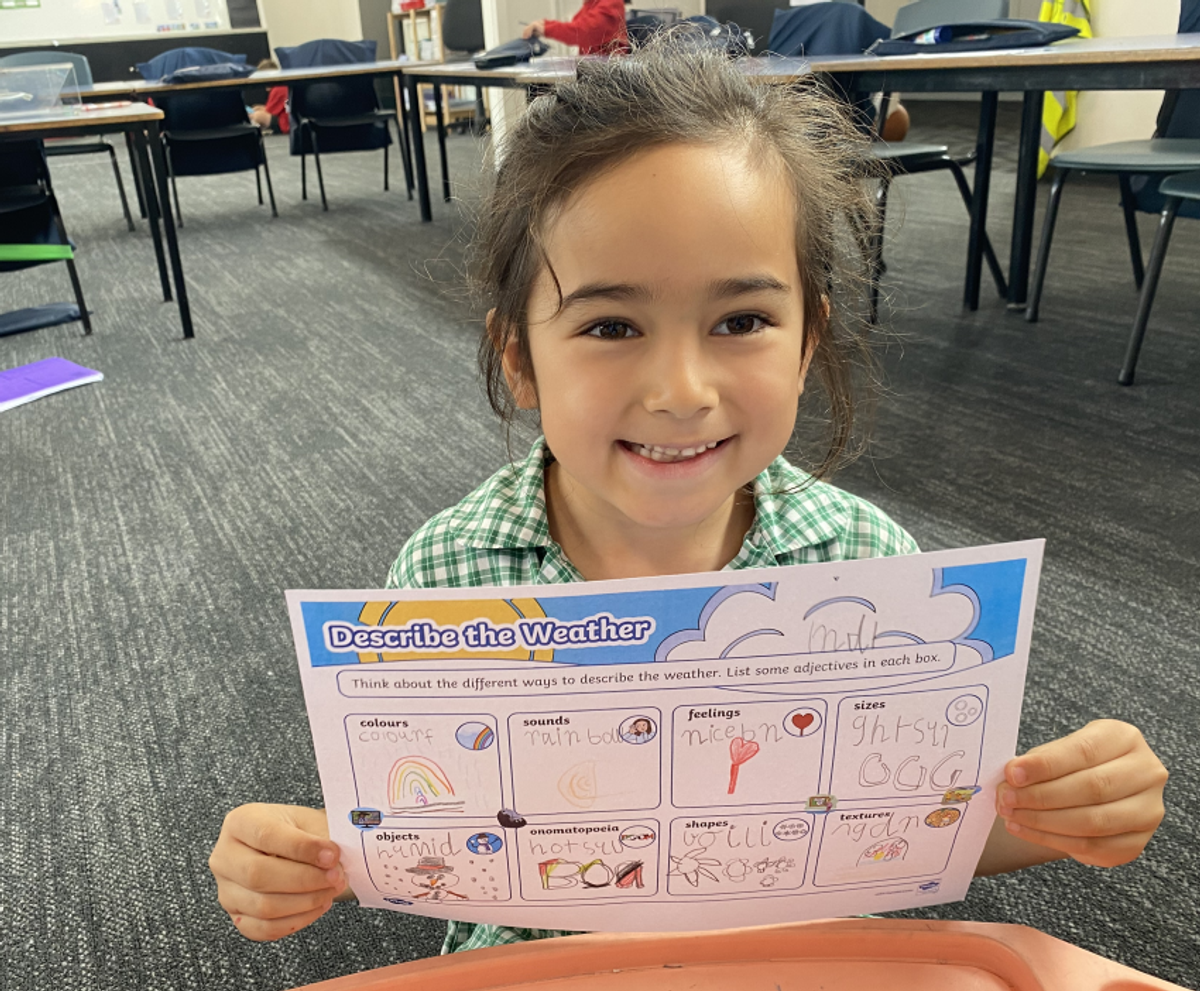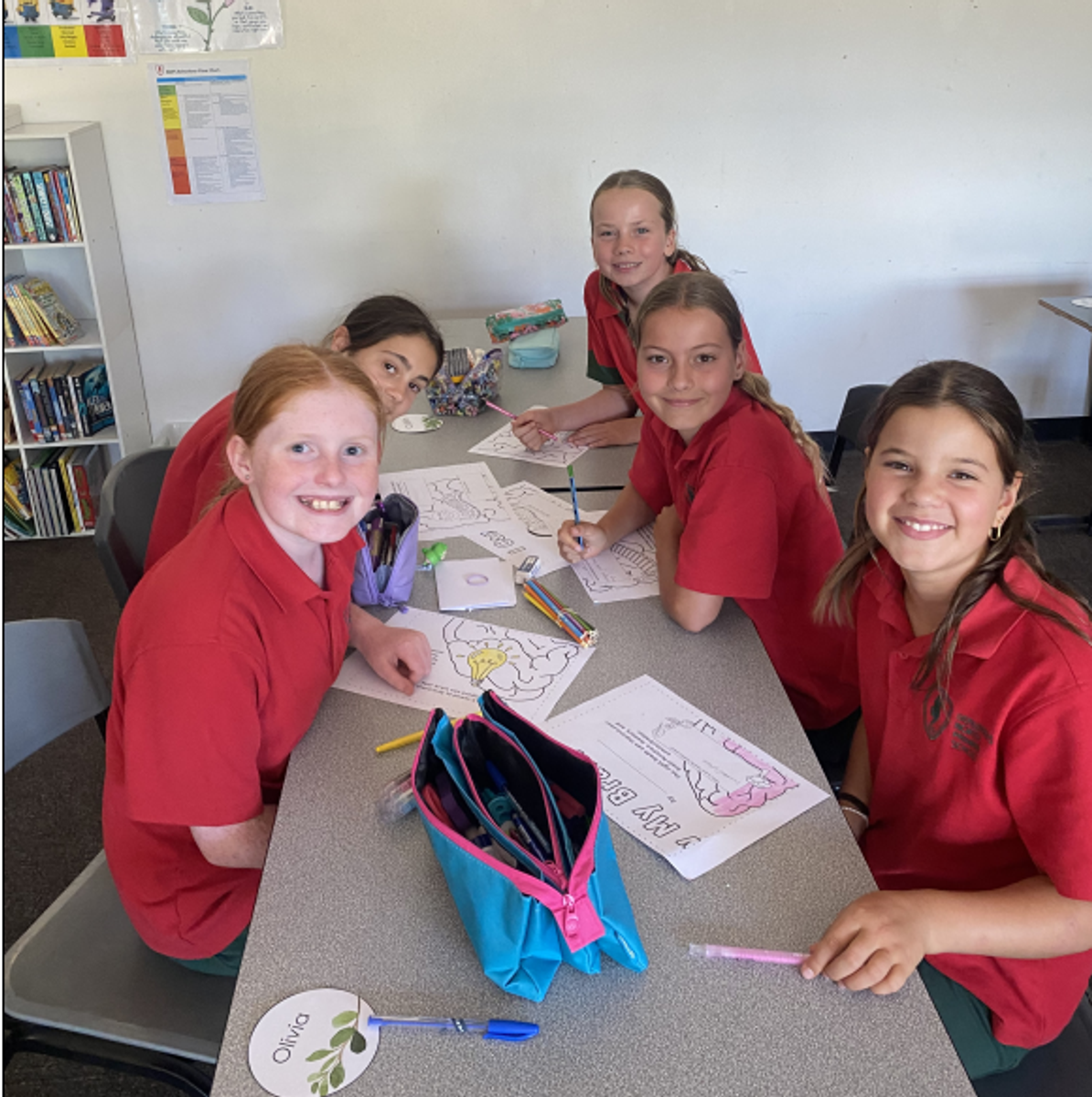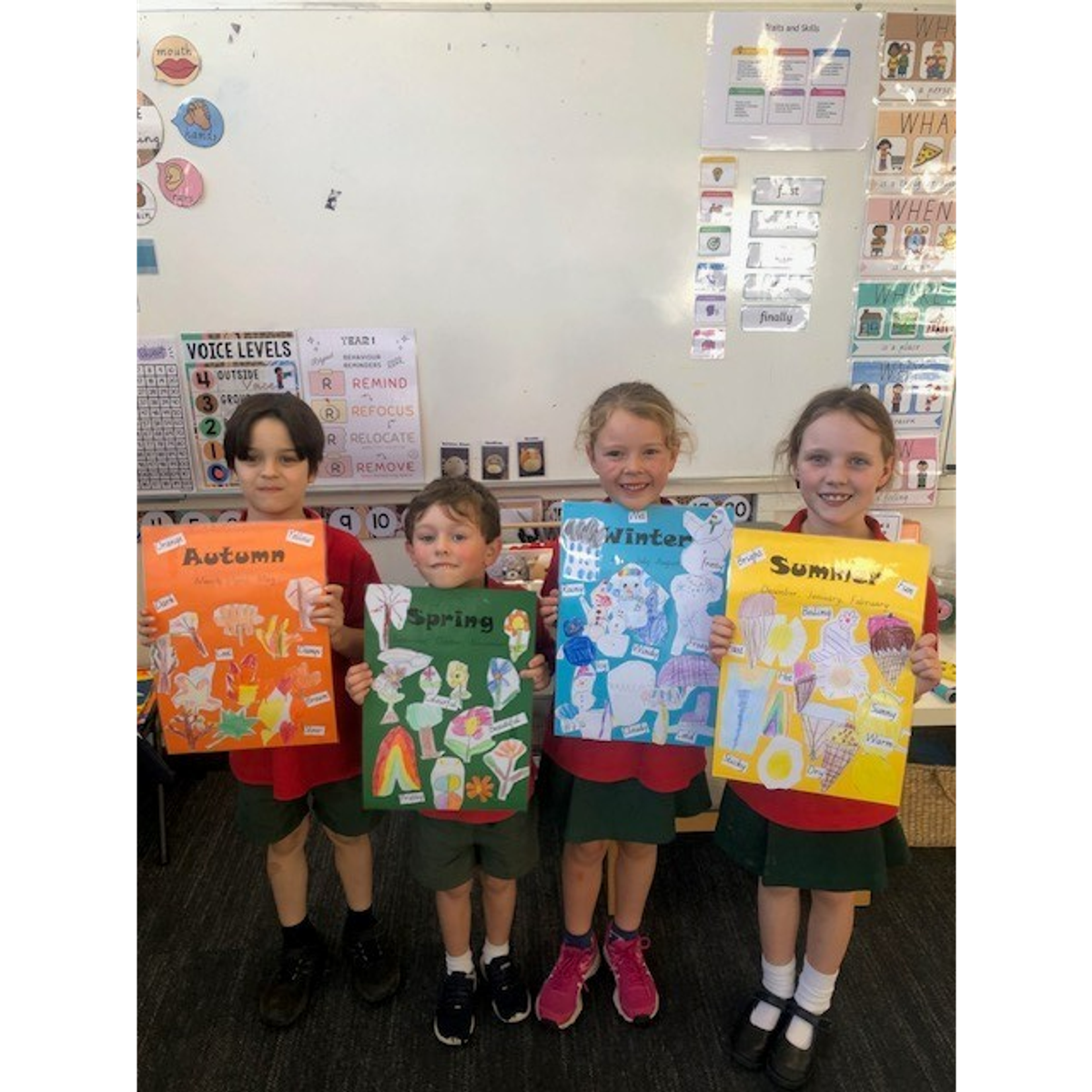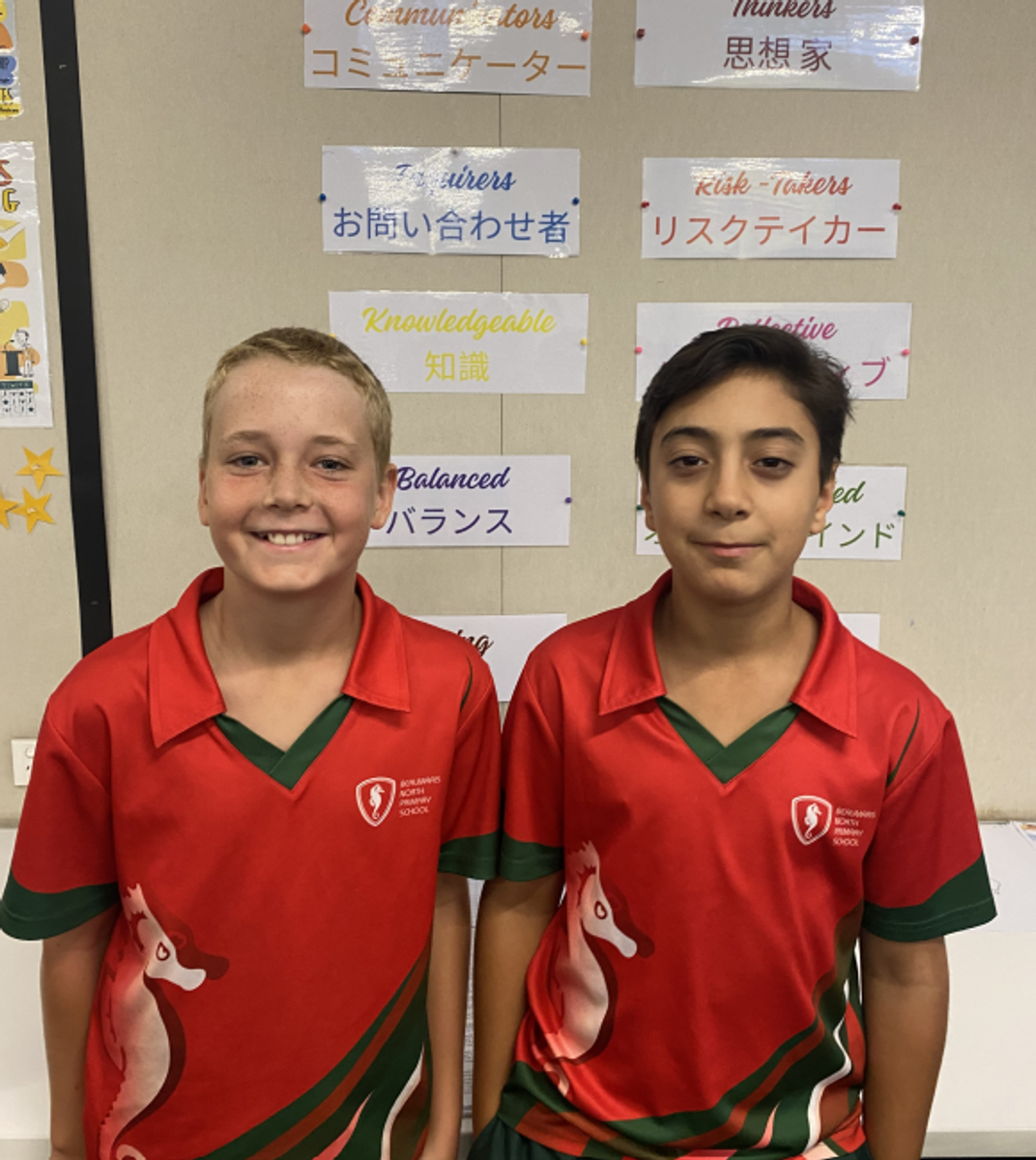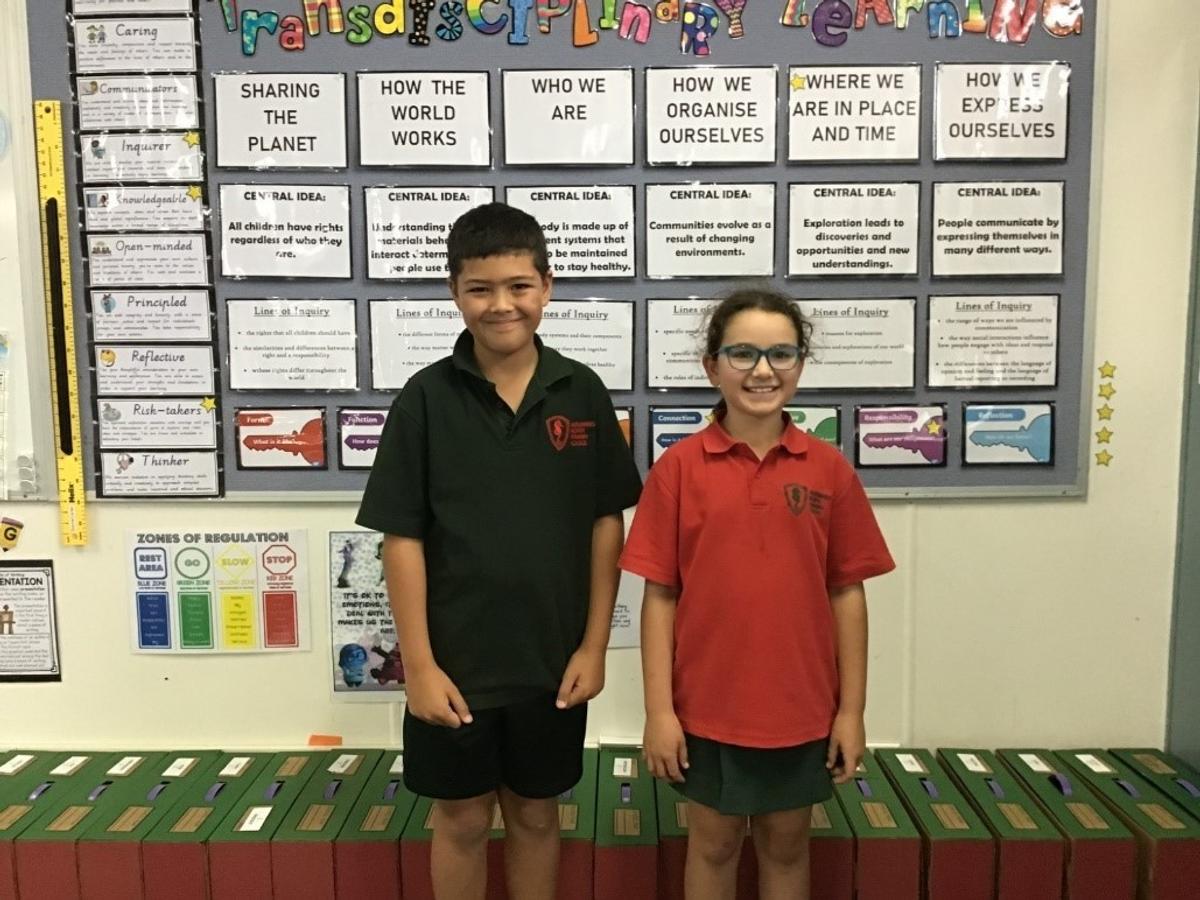PYP
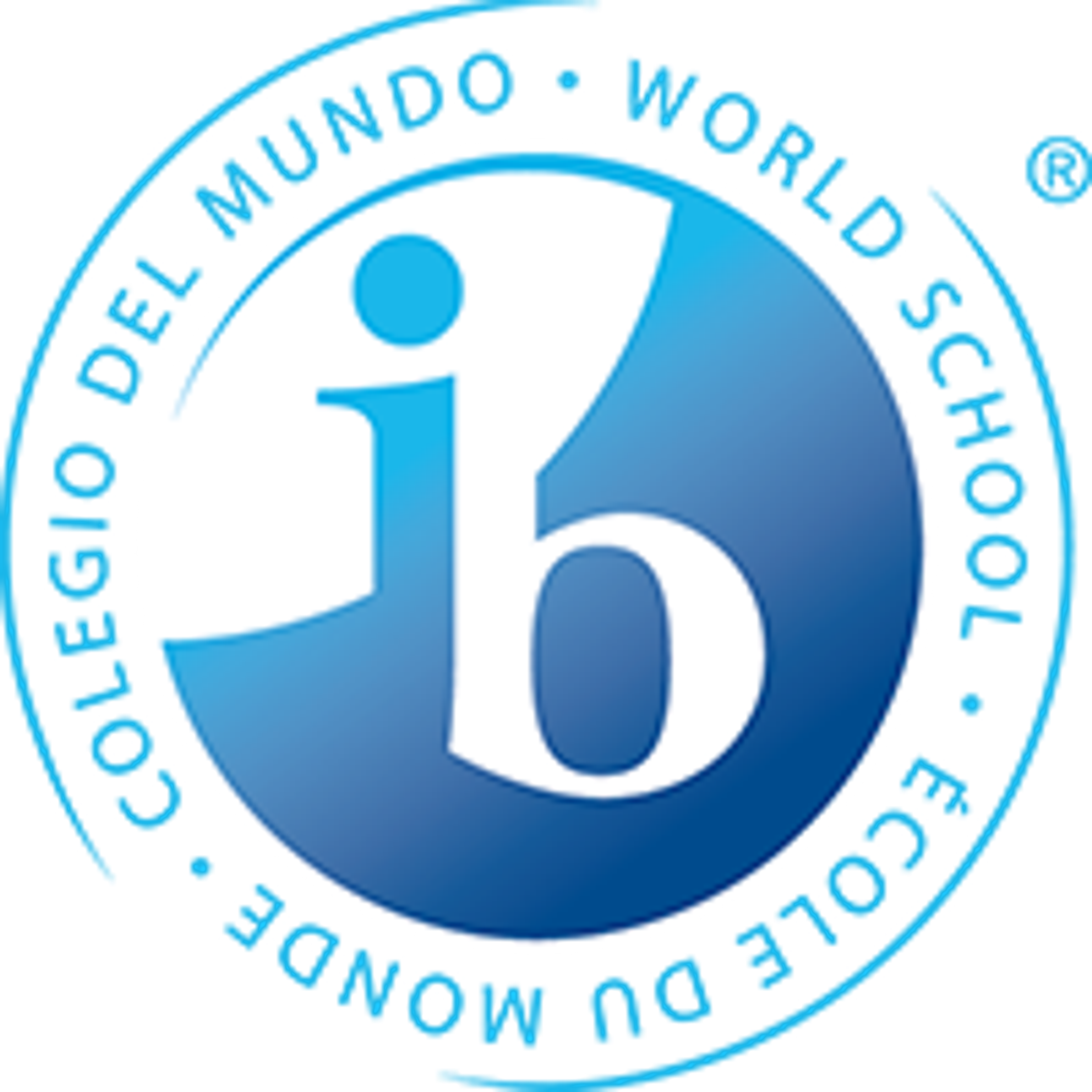
How Transdisciplinary Learning Works in the PYP
In traditional education, subjects such as Math, English, Geography, and History are often taught separately. While students may develop a deep understanding of each subject, they can have difficulty seeing how these areas connect to one another in the broader context of the real world.
The International Baccalaureate (IB) identified this gap and designed a curriculum aimed at promoting critical thinking, creativity, and a comprehensive view of the world.
From an early age, our curriculum encourages curiosity, critical thinking, and a passion for learning.
Unlike traditional methods, which are often solely teacher-led, our approach empowers students to engage in inquiry, research, and build their own understanding.
Explicit Teaching: Building Core Skills for Deeper Learning
While our curriculum emphasises an integrated learning approach, we also place a strong focus on the importance of foundational knowledge across key learning areas. The Victorian Curriculum includes essential subjects such as English, Mathematics, Science, The Arts, Humanities, and Health & Physical Education, Language and Technology which provide a solid base for developing key skills and concepts.
These subjects are often linked to broader themes in our inquiry-based learning. However, we also recognise that certain fundamental skills, such as numeracy and literacy, are necessary building blocks for deeper learning.
As such, these skills will be taught explicitly in focused lessons. For instance, our students need to understand how to read a clock before they can calculate the duration of an event, like measuring how long it takes for a plant to grow. By ensuring a strong foundation in these core areas, we prepare our students to apply their knowledge confidently in real-world situations.
Year 1’s Inquiry into 'How the World Works'
Our fantastic Year 1 classes have been exploring the Transdisciplinary Theme: How the World Works this term. Their central idea, ‘The weather affects our lives and environment,’ has provided a rich context for learning across multiple disciplines.
In literacy, students have been developing their understanding of language by exploring different parts of speech, as outlined in the Victorian Curriculum 2.0, Sub-strand: Language for expressing and developing ideas. As part of their inquiry, they have been learning that words can represent people, places, and things (nouns, including pronouns), happenings and states (verbs), qualities (adjectives), relationships in time and space (prepositions), and details such as when, where, and how (adverbs).
This exploration has helped them connect their learning about weather and the environment with their developing language skills.
In mathematics, our Year 1 students have been investigating time and measurement. They are learning to describe the duration and sequence of events using units like years, months, weeks, days, and hours (VC2M1M03). Activities include ordering the months of the year and understanding the changing seasons in Australia.
As a culmination of their unit of inquiry and explicit teaching in adjectives and seasons, the class worked collaboratively to create images and descriptive words for each of the four seasons. These adjectives were categorised and displayed as a showcase of their learning.
This project not only highlights the students’ growing understanding of seasonal changes but also exemplifies the integration of transdisciplinary learning, where literacy, mathematics and inquiry work hand-in-hand.
PYP Leaders Interview
Our Year 6 PYP leaders, Aiden and Jack, conducted an interview with Ari & Amaya in Year 3.
What are you learning about?
“We are learning about Australian history and the difference that those people have made”. - Amaya
What have you enjoyed about this unit of Inquiry?
“Our favourite part by far was getting to make the PowerPoint on Australian explorers”. - Aree
